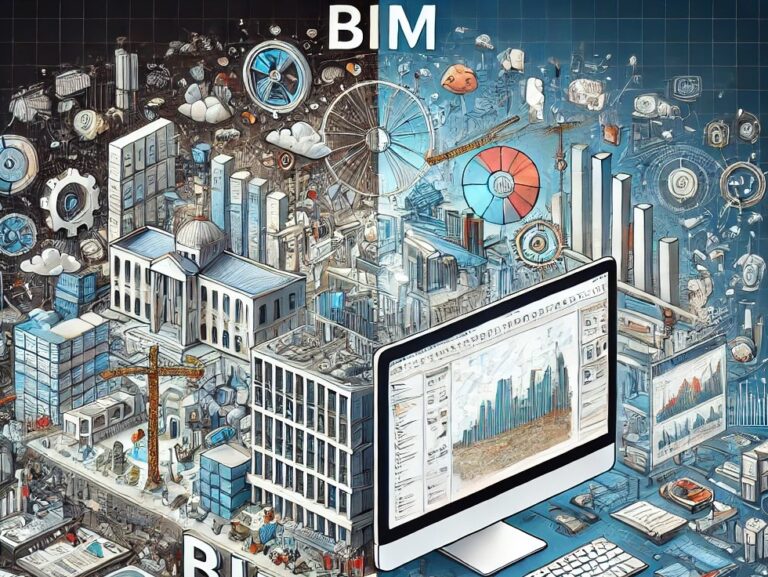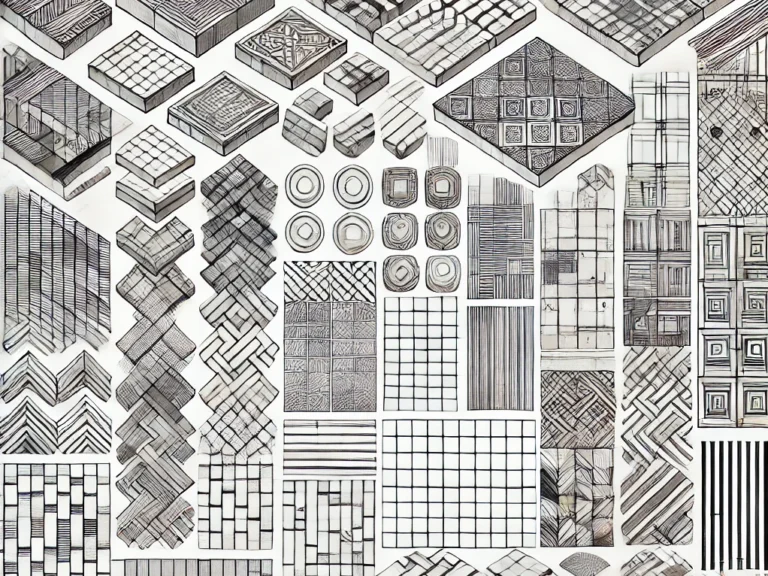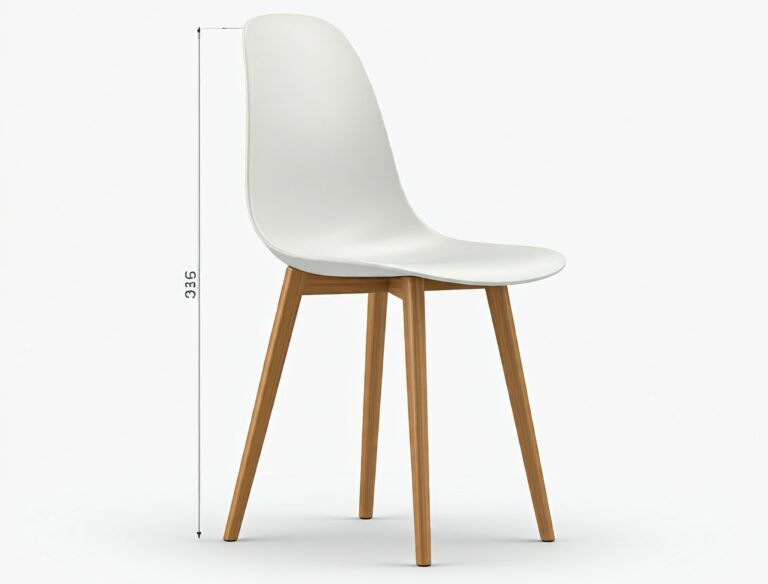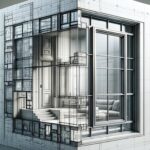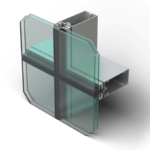BIMLibrary.co
How to Use Entourage People Revit Families for Lively Architectural Presentations
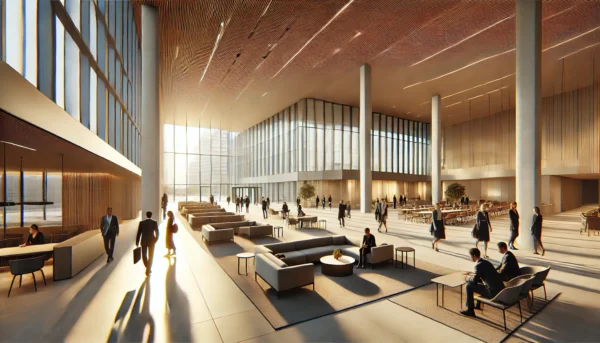
Creating engaging and lifelike visual presentations can significantly affect how a concept is communicated when designing architectural projects. Entourage people families in Autodesk Revit add human elements to your models, helping to give context, scale, and a sense of atmosphere. In this blog post, we’ll look at what entourage people families are, why they’re important, and how to use them effectively in Revit.
What Are Entourage People Revit Families?
In Revit, “entourage” refers to secondary objects that enhance the scene but are not primary design elements, such as people, furniture, trees, and vehicles. Entourage people families are 2D or 3D people Revit representations of humans that you can insert into your Revit projects to bring life to your architectural models. These people Revit families come in many styles, ranging from simplistic silhouettes to photorealistic (RPC) renderings, and can be customized to fit a variety of design aesthetics and requirements.
Why Use Entourage People in Revit?
Adding Revit people to architectural models helps communicate the scale of the building. It makes it easier for clients, stakeholders, and viewers to visualize the space as it would look when occupied. Here are some benefits of using entourage people in Revit:
- Context and Scale: People elements help convey the accurate scale of rooms, outdoor spaces, or urban environments.
- Atmosphere: They bring warmth and liveliness to spaces, making renders and walkthroughs more engaging.
- Audience Engagement: Revit people help audiences relate to spaces, as they can see how a space might be used in real life.
- Functional Insight: Placing 3D people Revit elements within models can help designers and architects see how a space will function, such as crowd flow and accessibility.
Types of Entourage People in Revit
Revit offers various options for entourage people families, depending on the style and requirements of your project:
- 2D Silhouettes: Simple, low-detail, lightweight files that work well for plans and sections.r
2. 3D Low-Poly Models: These models offer some dimensionality without heavy rendering requirements, which is great for large projects.
3. High-Resolution 3D Models: Often used in close-up views or marketing materials where detailed visualization is needed.
4. RPC (Rich Photorealistic Content) Entourage: RPC people can have photorealistic qualities, making them excellent for realistic renders.
How to Use Entourage People Families in Revit
To use entourage people in Revit effectively, follow these steps to make the most of your Revit people 3D families:
- Loading Entourage Families:
- Revit comes with basic people Revit family options, but many high-quality, downloadable families are available online (e.g., from Autodesk Revit library, Revit City, or third-party providers).
- To load a new entourage family, go to the Insert tab, click Load Family, and select the entourage people file you want to use.
- Placing Entourage People in Your Model:
- Once loaded, you can place them in your project by going to the Architecture tab, selecting Component, and finding your loaded entourage people Revit family.
- Position people strategically within spaces to suggest functional areas, such as people sitting in a lounge or waiting near elevators.
- Adjusting Scale and Visibility:
- You may need to adjust the scale of your entourage people to better fit the model context. For example, you can edit family properties to modify their height.
- It’s best to keep Revit people in specific views (e.g., perspective or camera views) to reduce file size and improve performance in large projects. Use Visibility Graphics settings to hide entourage elements in plan or section views that aren’t necessary.
- Setting Up Entourage for Rendering:
- If possible, opt for RPC people for high-quality renders, as they provide a lifelike appearance without taxing your system resources.
- Use Render Appearance settings to adjust the quality and appearance of entourage people in the final render, and check lighting settings to ensure your entourage fits seamlessly into the environment.
- Customizing Entourage for Realism:
- If you want to personalize or brand your entourage of people, consider editing the Revit family. You can add different clothing textures, adjust posture, or add accessories to fit your design theme.
Tips for Using Entourage People Effectively
- Avoid Overcrowding: While Revit people can enhance realism, too many in one area can distract or reduce visual clarity. Place people selectively to emphasize focal points.
- Use a Mix of Styles: Experiment with 2D silhouettes for simple views and detailed 3D models for close-up shots, creating depth and variety across different perspectives.
- Consider Context: Place people in realistic situations, like sitting in a café, walking down a hallway, or standing near a help desk, to give context to specific areas within your design.
Popular Sources for Entourage People Families
If you’re looking for additional people Revit family options, here are a few recommended sources:
- BIMLibrary.co: Generic Revit families available for free download
- Revit City: A large collection of downloadable Revit families, including people.
- BIMsmith Market: Offers high-quality entourage families, often available for free.
Final Thoughts
Entourage people Revit families can transform your project from a static model into a dynamic, relatable design presentation. With careful placement and thoughtful use of style, Revit people 3D can significantly impact how your architectural concepts are perceived. Whether you’re looking for a minimalist silhouette or a photorealistic human, there’s a wealth of options available to match your project’s needs.
Explore, experiment, and enjoy the creative opportunities entourage people offer to elevate your Revit designs!





